Saudi Crown Prince Mohammed bin Salman’s trip is on his way to Washington DC to meet United States President Donald Trump on Tuesday.
His visit — the first to the US since the killing of journalist Jamal Khashoggi in 2018 — is in the spotlight because it could lead to one of the most sensitive military transactions in the region’s recent history: the potential sale of F-35 stealth fighter jets to Saudi Arabia.
The Khashoggi murder inside the Saudi consulate in Istanbul at the time triggered a severe backlash, with the US intelligence community assessing that bin Salman approved actions leading to Khashoggi’s death.
MBS consistently stated that he did not order the killing, though he accepted institutional responsibility due to his leadership position.
Despite the profound strain this caused, Trump has prepared an elaborate agenda: direct talks in the Oval Office, discussions over lunch in the Cabinet Room, and a formal dinner meant to highlight a renewed partnership.
This schedule also reflects the administration’s interest in unlocking major economic opportunities that have been under negotiation since the US president’s visit to Riyadh earlier this year.
One of the incentives motivating Washington is a $600 billion investment commitment made by Saudi Arabia, which the White House now hopes to activate through agreements involving defence, manufacturing, technology and other long-term sectors.
Among the pending matters is a Saudi request for 48 F-35 aircraft, which Trump publicly reinforced when he told reporters, “We’ll be selling” F-35s to Saudi.
Why the F-35 matters more than any other fighter jet
The Lockheed Martin F-35 is widely recognised as one of the most strategically important aircraft ever developed.
Often called the “quarterback” of the skies because of its ability to integrate intelligence streams and orchestrate joint missions, the jet is central to modern air superiority.
Key aspects of the aircraft include:
Stealth capability to avoid sophisticated radar systems
Advanced sensors for intelligence-gathering
Long-range precision strike abilities
Integration with ground forces, naval units and drone formations
These features have already been used in real conflict zones, including fights against Islamic State in Iraq and Syria.
Israel also used the aircraft in offensive operations against Iran during their short but intense twelve-day confrontation in June.
Its development involved the United States and several allied countries — including the United Kingdom, Italy, Norway, Canada, Denmark, the Netherlands and Australia — which committed to the programme from the design stage.
The production cost varies by version, with the naval variant surpassing $100 million per jet.
Because of its capabilities, the aircraft is extremely restricted in terms of exports. The US historically sells the F-35 only to its closest defence allies.
Even for those partners, US Congress can apply oversight or delay licences if lawmakers feel technology or regional stability could be compromised.
Why Saudi Arabia feels it needs the F-35
For Riyadh, the F-35 acquisition is tied to several national priorities.
Saudi Arabia faces persistent security concerns from Iran and Tehran-aligned armed groups. The kingdom’s strategic leadership sees advanced airpower as one of the few effective counterbalances available.
Saudi policymakers view integration with American hardware as essential for long-term security guarantees. This includes the possibility of a mutual defence pact similar to the agreement the US has with Qatar.
A deal of this scale could reinforce investor confidence in the kingdom’s long-term stability, especially in sectors such as artificial intelligence, cloud infrastructure and critical technology industries.
The crown prince’s expansive diversification agenda seeks to reduce dependence on oil, and closer defence relations with the US are seen as part of a wider strategy to attract global capital and technical expertise.
How Israel may react to a Saudi F-35 deal
Any decision involving cutting-edge US weaponry in West Asia must comply with the long-standing American commitment to ensuring Israel’s Qualitative Military Edge (QME) — a legal obligation that demands Israel maintain technological superiority in the region.
Israel is currently the sole regional operator of the F-35, making the aircraft central to its deterrence posture.
Air dominance has been vital for Israel since the large-scale conflict triggered by Hamas on 7 October 2023, and in its engagements with Iranian-linked forces in Lebanon, Yemen and Syria.
Israeli officials have responded cautiously to the reports of a Saudi sale, with Israel’s US ambassador Yechiel Leiter telling The Jerusalem Post, “There’s no indication that Israel’s qualitative edge will be compromised.”
Although former Israel Air Force chief Eitan Ben Eliyahu stated on a Tel Aviv radio station that the sale “would change the balance of power in the Middle East.”
However, he also noted that Saudi Arabia would wait at least four years for delivery, allowing Israel time to reinforce its own arsenal.
Israel’s acceptance of the potential sale could be influenced by broader diplomatic considerations, but it cannot override the binding American requirement to preserve QME.
This makes any Saudi F-35 deal a complex balancing act for Washington.
What the US hopes Saudi will deliver in exchange
The US had once hoped that greater defence cooperation with Saudi Arabia would help encourage the kingdom to join the Abraham Accords, the series of agreements that saw the UAE, Bahrain, Morocco and Sudan formally establish relations with Israel in 2020.
The Trump administration considers Saudi participation the single most transformative step for West Asian diplomacy.
But recent events say otherwise staring from the Gaza conflict that created deep anger in the Arab world. Riyadh has reiterated that it will not normalise ties with Israel without movement toward Palestinian statehood.
Former US intelligence official Jonathan Panikoff explained that while the president is still urging Saudi Arabia to move in this direction, the F-35 deal might not be tied to normalisation outcomes.
He told Reuters, “President Trump’s desire for investment into the US, which the crown prince previously promised, could help soften the ground for expanding defence ties even as the president is determined to advance Israeli-Saudi normalisation.”
How China plays into the US-Saudi F-35 deal
Another major issue is the risk that sensitive F-35 technology could be compromised. A recent assessment from the US Defense Intelligence Agency raised concerns that China could gain indirect access to these systems due to the expanding security partnership between Beijing and Riyadh.
The United States has acted aggressively in the past when it feared adversaries might study the aircraft’s vulnerabilities.
The clearest example came in 2019, when Turkey was removed from the F-35 programme after it purchased Russia’s S-400 missile defence system.
American officials believed that operating both platforms in the same environment could reveal the jet’s stealth characteristics to Russian engineers.
With Riyadh deepening its economic and security links to China, some US officials argue that safeguards must be far stricter — possibly involving operational restrictions or software limitations to prevent exposure.
Historical precedent exists: earlier US sales of F-15s to Saudi Arabia were delivered with certain systems modified or limited after consultations with Israel.
Former Israeli air force commander Ben Eliyahu alluded to this past practice, explaining that earlier aircraft had some features “neutralised” following bilateral discussions.
Such measures could form part of any future F-35 agreement to ensure both technology protection and adherence to Washington’s regional commitments.
How the potential deal could shift the balance in West Asia
Parallel to the fighter jet negotiations is Saudi Arabia’s pursuit of American civilian nuclear technology. The kingdom is seeking a “123 agreement”, the framework the United States uses to govern nuclear collaboration with foreign countries.
These agreements contain stringent regulations intended to prevent nuclear proliferation and are subject to close congressional review.
For Saudi Arabia — one of the world’s leading oil-producing nations — this represents a long-term strategic effort to diversify its energy mix.
Saudi authorities have pointed out that their interest is solely civilian and not related to nuclear weaponisation.
Their recent enhanced defence partnership with Pakistan, a nuclear-armed state, has nonetheless raised additional questions in Washington about long-term implications.
A US decision to approve F-35 exports to Saudi Arabia would represent a major evolution in the region’s military configuration. The kingdom already possesses advanced US equipment, but the F-35 would mark a significant leap, enabling operations that are beyond current capabilities.
Even the mere presence of F-35s in Saudi Arabia would alter strategic calculations for Iran and other state and non-state actors.
If the US secures long-term defence alignment with Saudi Arabia, it could slow Beijing’s growing influence in the Gulf, an explicit American objective.
Given technology transfer concerns and the need to protect Israel’s military edge, Congress may scrutinise any proposed agreement intensely. Past examples, like the UAE’s halted F-35 deal in 2021, show how easily negotiations can break down.
With inputs from agencies


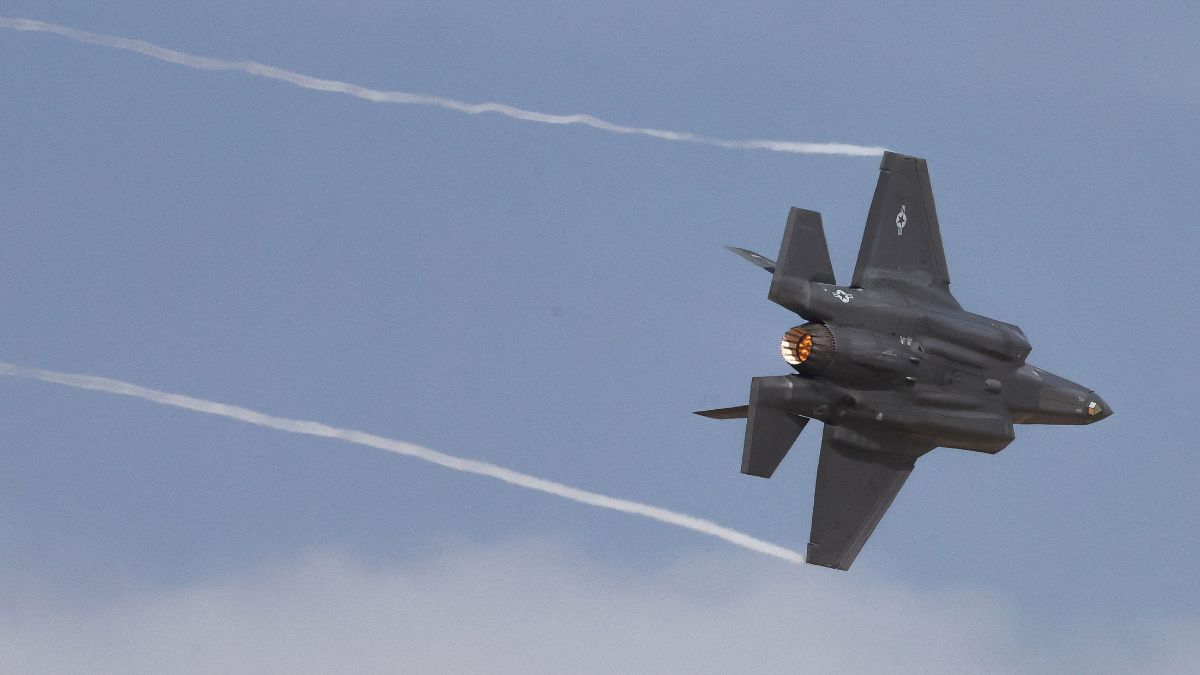)

)
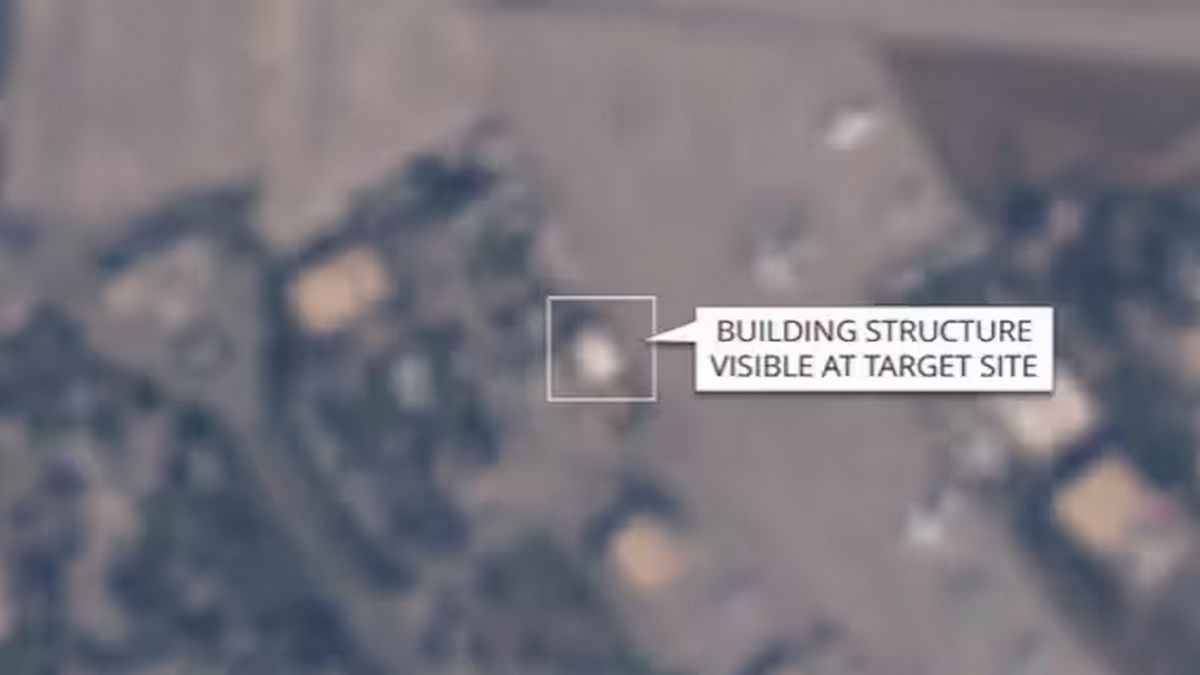)
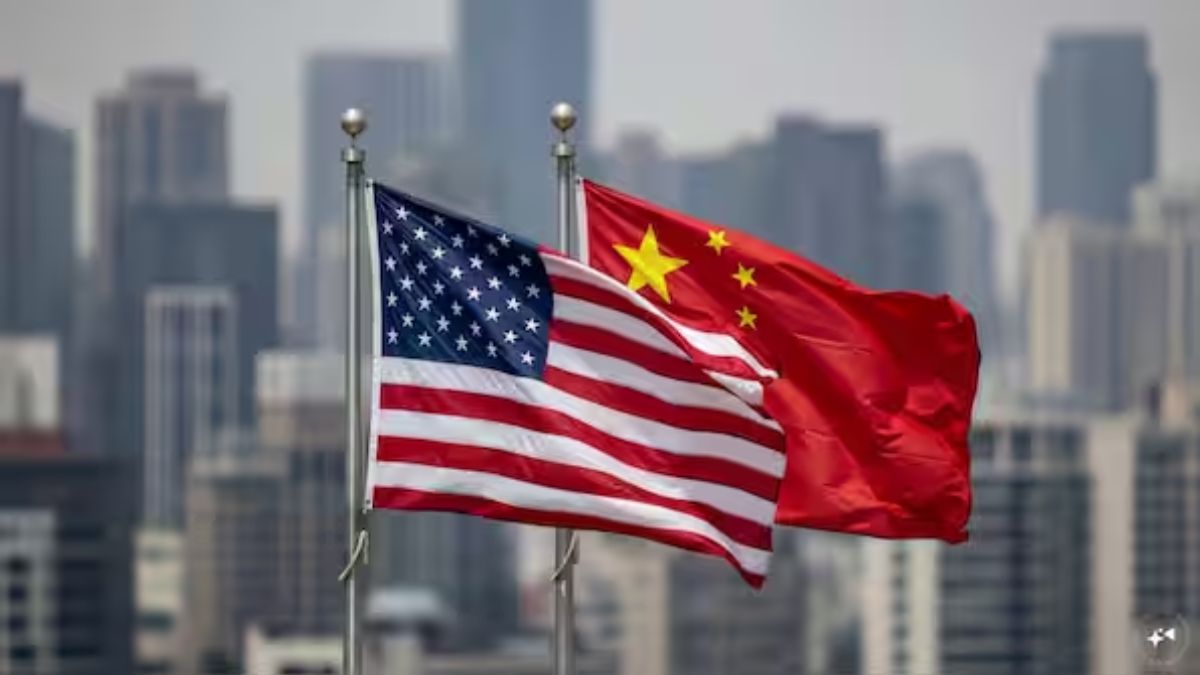)
)
)
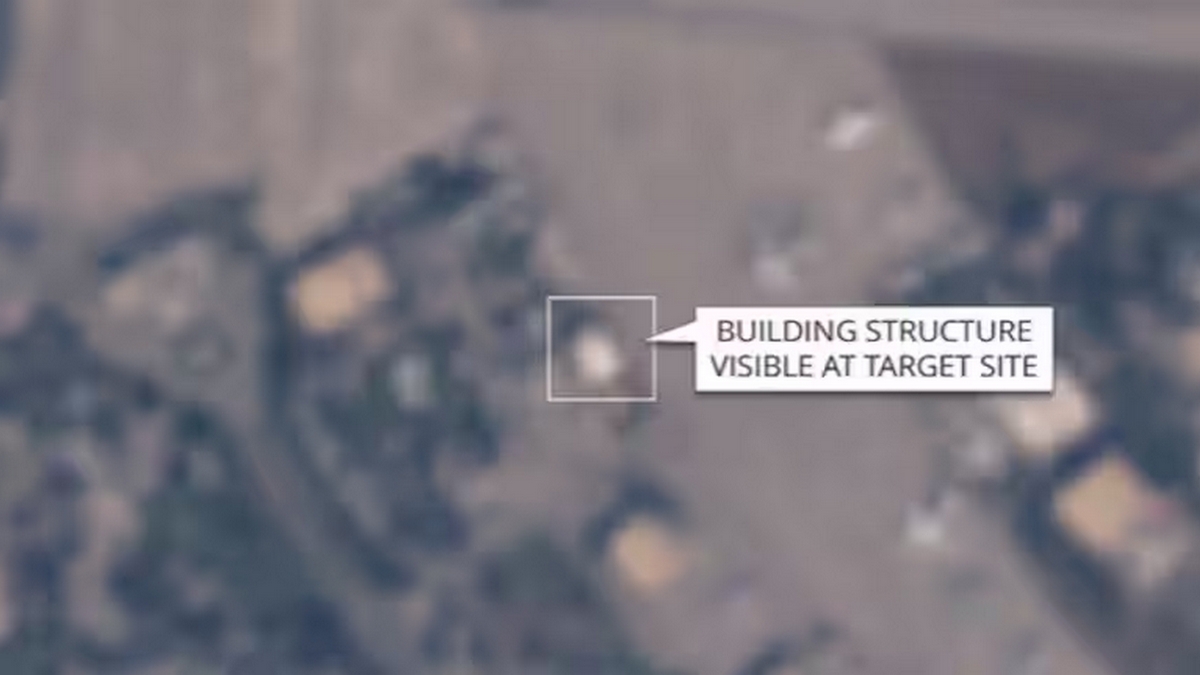)
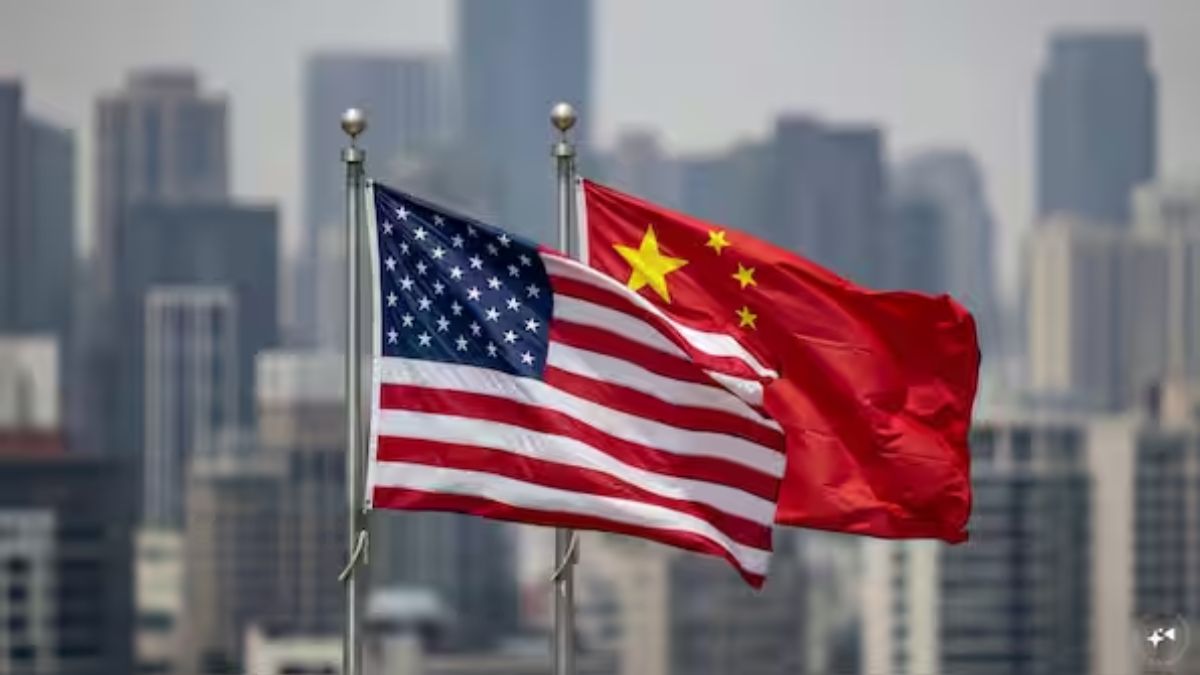)
)



